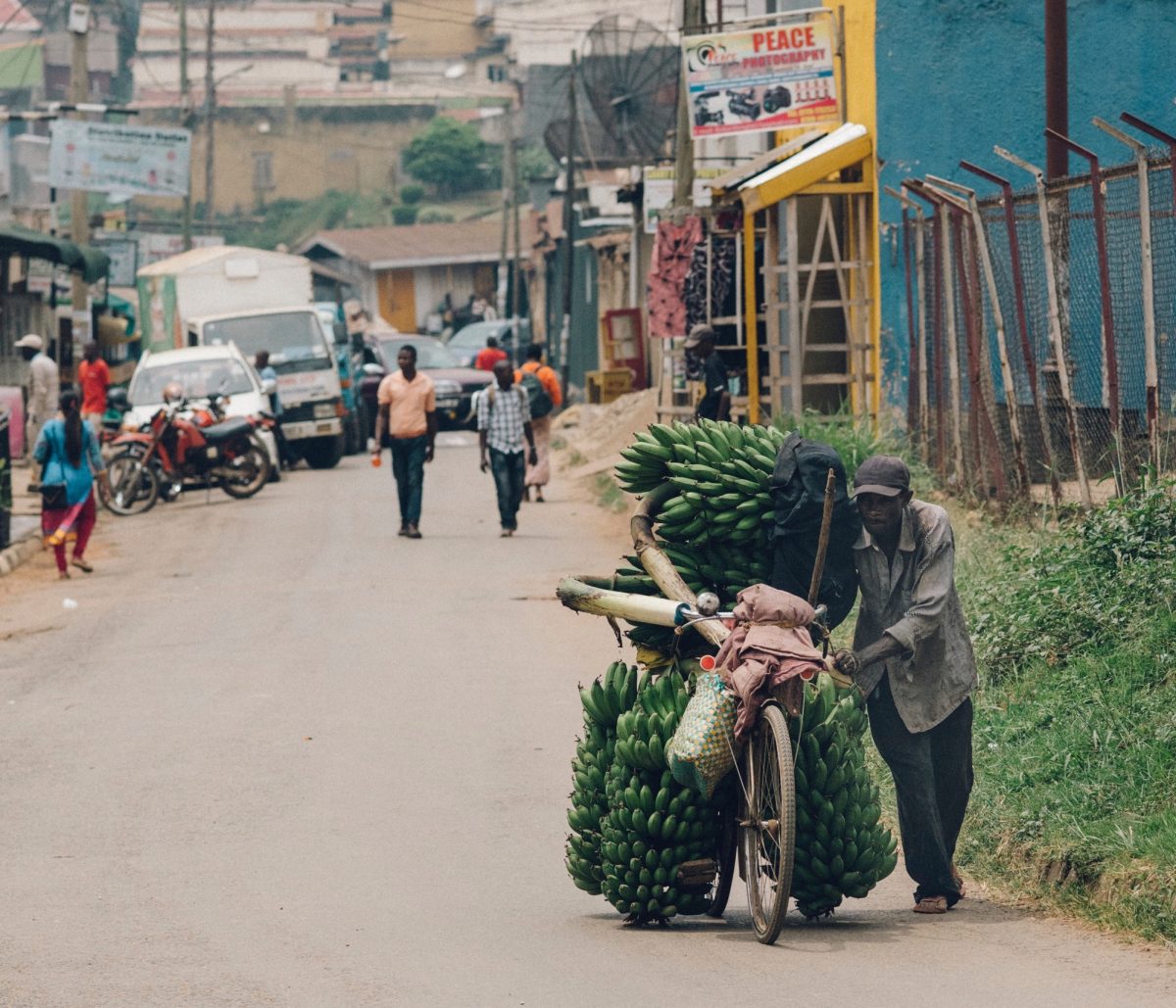You’ve probably heard all about the U.S China Trade war, about Huawei, about 25% tariffs etc. If you haven’t, here’s a quick recap:
The US President, Donald Trump has always complained about China’s trading practices even before he took office. In 2017, the US launched an investigation into Chinese trade policies and subsequently imposed tariffs on billions of dollars worth of Chinese products last year. China retaliated by imposing tariffs on U.S products too.
The tariffs of up to 25% cover a wide range of industrial and consumer items from China. Some of the goods include, meat, seafood, machinery, fruits and vegetables, tobacco, mattresses, butter, chicken, honey, coconuts, cashews, plastics, rubber, leather goods, silk, parachutes, boats, chemicals and minerals used in manufacturing etc. Click here to read the full list.
China hit back with tariffs. The goods China is increasing tariffs for include; soybean, beef, frozen fruits, vegetables and seasonings, some textiles, technology like microwaves and printers, and liquefied natural gas imports. Alcoholic drinks and chemicals are among other items included in this list.
What does this mean though?
Let’s take soybean. China is the world’s largest soybean importer and in 2017, soybeans were the United States’s single biggest agricultural export to China. With increased tariffs, soybean from the U.S will be expensive in China, hence China will be looking for new suppliers.
The big question: can Africa benefit by identifying the market opportunities on both sides? It’s definitely not ‘plug and play’ but theoretically, Africa can. Practically, it remains to be seen.
Will you directly benefit from this? That’s the billion dollar question for every African.
]]>
